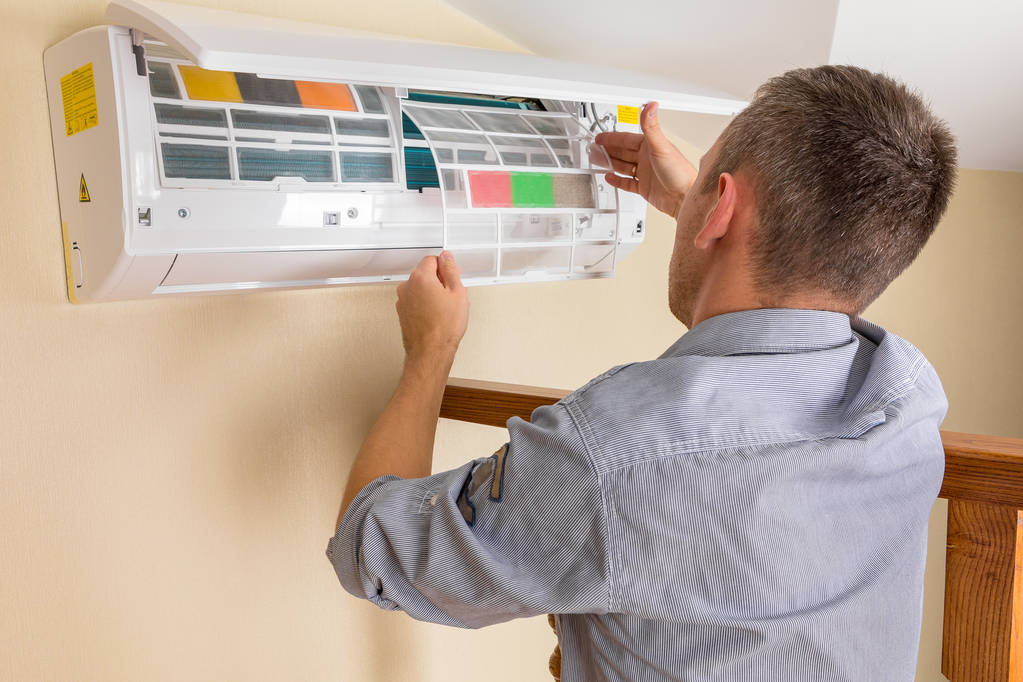The National Disability Insurance Scheme (NDIS) in Australia has been instrumental in providing support and assistance to people living with disabilities. One crucial aspect of this initiative is NDIS property investment, which aims to create accessible and inclusive living environments for individuals with disabilities. Among the many factors that contribute to a comfortable and accessible living space, air conditioning is often overlooked. In this blog post, we will explore the importance of air conditioning in NDIS properties, the challenges it poses, and the solutions available to ensure accessibility and comfort.
The Significance of Air Conditioning
Air conditioning is not just a luxury; it is a necessity, especially for individuals with disabilities. Extreme temperatures can have a severe impact on the well-being and health of people with disabilities, making temperature control a critical consideration in NDIS property investment.
Temperature Regulation
- Individuals with certain disabilities may have difficulty regulating their body temperature, making them more susceptible to heat-related illnesses like heatstroke.
- On the other hand, extreme cold can exacerbate conditions such as arthritis and muscle stiffness, causing discomfort and pain.
Respiratory Health
- Air quality and temperature play a significant role in respiratory health. Poorly ventilated spaces with inadequate temperature control can worsen conditions like asthma and allergies.
- Clean, filtered air and appropriate temperature settings can greatly improve the quality of life for people with respiratory issues.
Comfort and Well-being
- Comfort is a fundamental aspect of well-being, and air conditioning contributes significantly to it. A comfortable environment can reduce stress and anxiety, leading to an overall improvement in mental health.
- It also enhances sleep quality, which is crucial for individuals with disabilities who may already struggle with sleep disorders.
Challenges in Providing Air Conditioning for NDIS Properties
While the importance of air conditioning in NDIS properties is clear, several challenges need to be addressed to ensure accessibility and inclusivity.
Cost
- Installing and maintaining air conditioning systems can be expensive. NDIS property investment budgets must be allocated efficiently to cover these costs while still meeting other accessibility requirements.
Diverse Needs
- Not all disabilities have the same requirements when it comes to temperature control. Some individuals may need specific temperature settings or air purification systems.
- NDIS properties need to cater to a diverse range of needs and preferences.
Energy Efficiency
- Balancing comfort with energy efficiency is crucial to keep operating costs reasonable. Energy-efficient systems can reduce the financial burden while still providing a comfortable environment.
Retrofitting
- Many NDIS properties may not have initially been designed with accessibility and air conditioning in mind. Retrofitting can be challenging and may require modifications to the property’s structure.
Solutions for Ensuring Accessibility through Air Conditioning
To overcome the challenges and ensure accessibility in NDIS properties, several solutions can be considered:
Prioritising Budget Allocation
- NDIS property investment should allocate an appropriate portion of the budget to HVAC (Heating, Ventilation, and Air Conditioning) systems to ensure the comfort and well-being of residents.
- This allocation should take into account the specific needs of the individuals who will be living in the property.
Energy-Efficient Systems
- Choose energy-efficient air conditioning systems that can provide the required temperature control while minimising operating costs.
- Investing in modern, energy-efficient HVAC technology can lead to long-term savings.
Zoning and Individual Control
- Implement zoning systems that allow for different temperature settings in various areas of the property.
- Provide residents with individual control over their room’s temperature, enabling them to tailor the environment to their needs.
Regular Maintenance
- Ensure that air conditioning systems are regularly serviced and maintained to maximise their lifespan and efficiency.
- Preventive maintenance can help identify and address issues before they become costly problems.
Accessibility-Focused Design
- In new NDIS property construction, consider designing HVAC systems that are easily accessible and adjustable for individuals with disabilities.
- Incorporate air purification and filtration systems to improve air quality.
Funding Assistance
- Explore funding options and grants that may be available to support air conditioning installation and upgrades in NDIS properties.
- Collaborate with government agencies and organisations that focus on disability support to access financial resources.

Air conditioning is a vital component of ensuring accessibility and inclusivity in NDIS properties. By addressing the challenges associated with cost, diverse needs, energy efficiency, retrofitting, and more, property investors and managers can create comfortable living environments that promote the well-being of individuals with disabilities. NDIS property investment should prioritise the allocation of resources to provide efficient and tailored HVAC solutions, ultimately improving the quality of life for residents and fulfilling the goals of the NDIS program.
